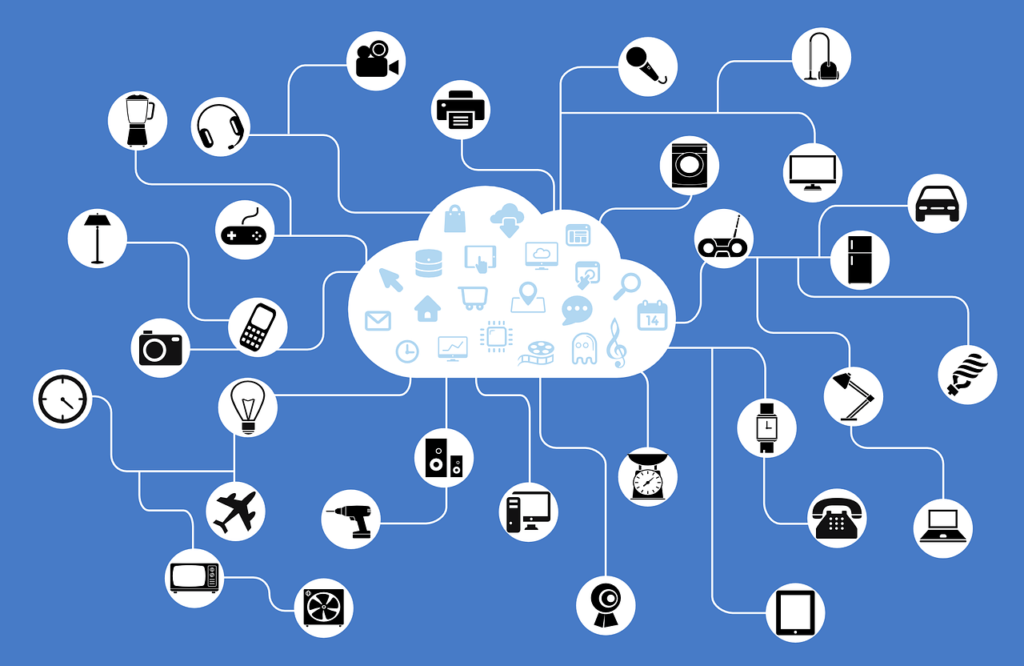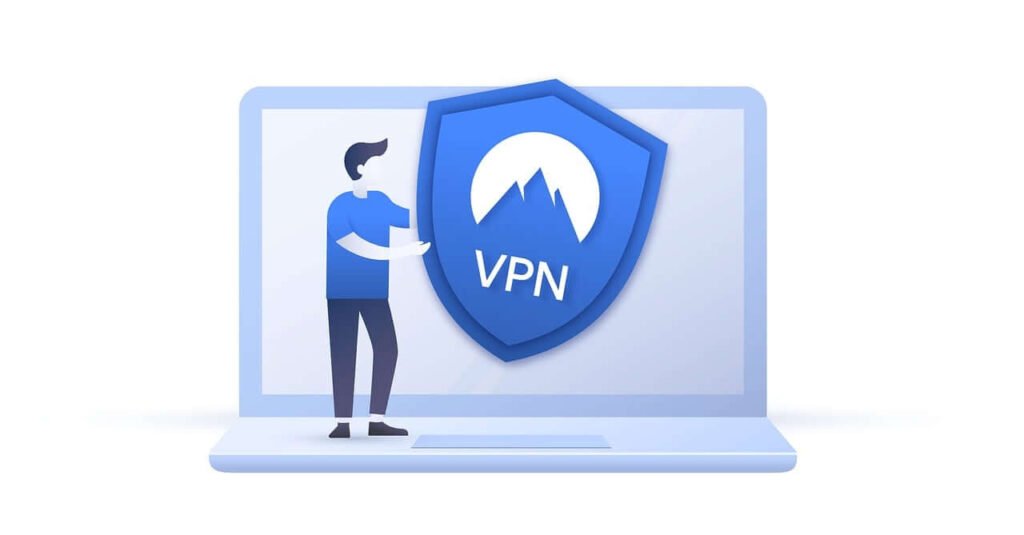
“In today’s increasingly digital world, safeguarding your online privacy and security has become more critical than ever. Two popular tools often discussed in this context are Virtual Private Networks (VPNs) and proxies. While both function by masking your IP address and help you access content from different regions, they serve distinct purposes and function in unique ways. In this post, we’ll break down the differences between VPNs and proxies, highlight their advantages and drawbacks, and help you decide which one is right for your needs.”
What Is a Proxy?

A proxy server acts as an intermediary between your device and the internet. When you connect to a proxy, your internet requests are routed through the proxy server, which then communicates with websites or services on your behalf.
Types of Proxies
- HTTP Proxies: Designed for web browsing, these only work with HTTP or HTTPS protocols. They’re ideal for bypassing website restrictions but don’t encrypt your data.
- SOCKS Proxies: More versatile, these can handle various traffic types like streaming, gaming, and torrenting. However, they are generally slower.
- Transparent Proxies: Often used by businesses or public networks to control access and monitor activity without user awareness.
Pros of Proxies
- Cost-effective: Many proxies are free or inexpensive.
- Access control: Useful for bypassing geo-restrictions on websites or streaming platforms.
- Specific use cases: Ideal for tasks like web scraping or managing multiple social media accounts.
Cons of Proxies
- No encryption: Proxies don’t encrypt your internet traffic, leaving you vulnerable to cyber threats.
- Limited protection: They only route specific application traffic, not your entire internet connection.
- Unreliable performance: Free proxies, in particular, can be slow or even malicious.
What Is a VPN?

A VPN, or Virtual Private Network, creates a secure, encrypted tunnel for your internet traffic. It routes all your online activities through a remote server, masking your IP address and protecting your data from prying eyes.
How VPNs Work
- Encryption: VPNs encrypt your internet traffic, ensuring your data is unreadable to hackers or surveillance agencies.
- Server Network: VPN providers offer a range of servers worldwide, allowing you to appear as if you’re browsing from another location.
Pros of VPNs
- Comprehensive security: Encrypts all your internet traffic, protecting sensitive information like banking details.
- Privacy: Hides your IP address and prevents ISPs, advertisers, or governments from tracking your activity.
- Global access: Unblock restricted content, bypass censorship, and enjoy unrestricted browsing.
Cons of VPNs
- Cost: Quality VPN services typically require a subscription.
- Potential speed reduction: Encryption can slow down your connection, though premium VPNs minimize this impact.
- Trust issues: You need to trust the VPN provider to not log your data.
Key Differences Between VPNs and Proxies
| FEATURE | PROXY | VPN |
| Encryption | NO | YES |
| Device coverage | Specific apps | Entire device |
| Speed | Generally faster | Slightly slower due to encryption |
| Privacy | Minimal | High |
| Cost | Often free or low-cost | Subscription-based |
Which One Should You Use?

The right choice depends on your specific needs:
For Privacy and Security
Use a VPN. If you’re dealing with sensitive data, conducting financial transactions, or concerned about surveillance, a VPN’s encryption and privacy features are essential.
For Bypassing Geo-Restrictions
If you simply need to access blocked content or bypass website restrictions without caring about encryption, a proxy may suffice. However, a VPN provides a more reliable solution for streaming platforms.
For Everyday Browsing
A VPN is a better long-term investment. It not only masks your IP address but also encrypts all your internet activity, offering comprehensive protection.
For Specific Tasks
Proxies can be useful for lightweight tasks like web scraping or managing multiple accounts, especially when you don’t need encryption.
Conclusion
Both VPNs and proxies have their place in the digital privacy toolkit, but they cater to different needs. A proxy is a quick, lightweight solution for specific tasks or bypassing minor restrictions. In contrast, a VPN is a robust, all-encompassing tool for securing your online activity, maintaining privacy, and accessing content globally.When in doubt, choose a VPN for its versatility and protection. After all, in an era where your online footprint is increasingly valuable, investing in robust security measures is more than a choice—it’s a necessity.


